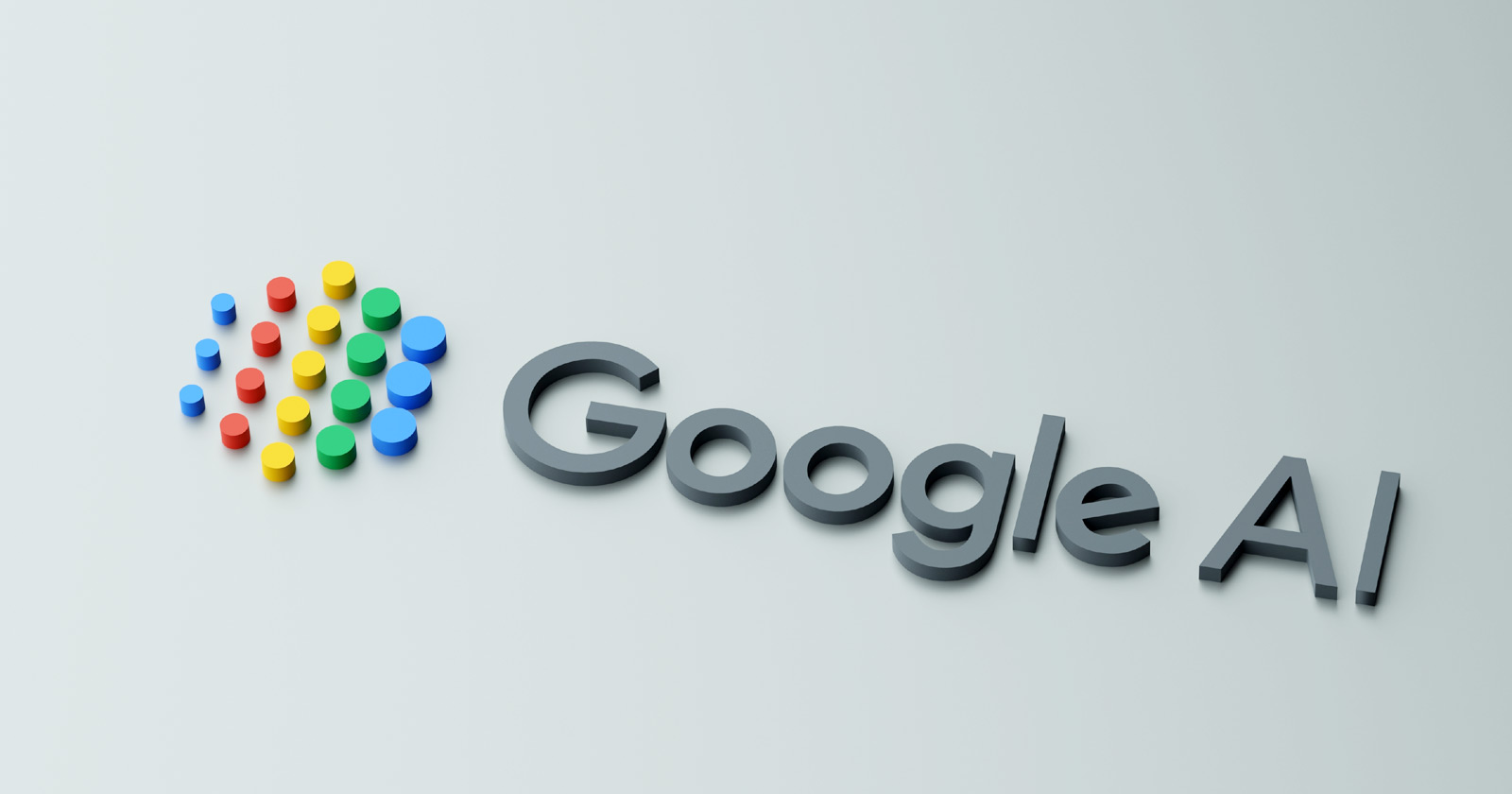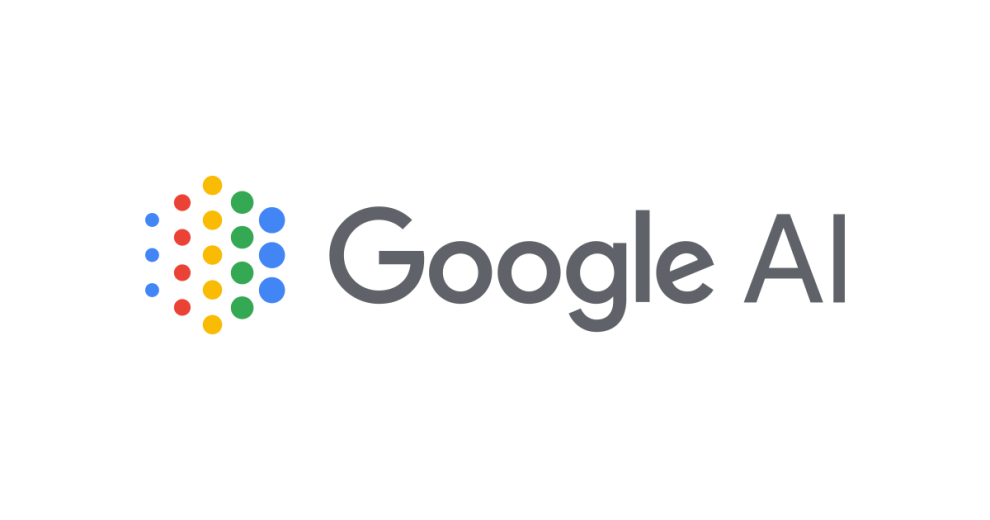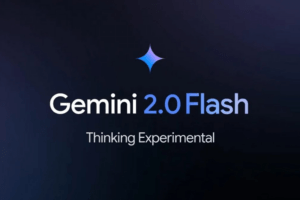The AI Data Dilemma: Bridging the Gap
As LLMs like Google’s Gemini and OpenAI’s ChatGPT increasingly find their way into practical applications, the need for reliable, real-world data becomes paramount. Imagine AI-powered customer service chatbots or news aggregators curating content based on AI-generated summaries. In these scenarios, the ability to leverage accurate, up-to-date information is crucial for delivering trustworthy results.
The primary challenge facing LLMs stems from their training data. These models are typically trained on vast datasets scraped from the internet, which can contain inaccuracies, biases, and outdated information. This leads to a phenomenon known as “hallucination,” where AI generates misleading or false information, significantly undermining user trust and limiting practical applications.
Google’s Strategic Partnerships: A Data-Driven Approach
To combat the data gap and reduce AI hallucinations, Google has announced collaborations with industry leaders:
- Thomson Reuters: This partnership grants Gemini access to a wealth of news articles, legal documents, and market data, enabling more reliable responses for research-intensive tasks.
- Moody’s: By integrating Moody’s financial expertise, Gemini can now provide more accurate insights on finance-related queries.
- ZoomInfo: This collaboration empowers Gemini with extensive business intelligence, enhancing its ability to deliver relevant information on companies and industries.
Beyond Partnerships: A Multifaceted Strategy for AI Accuracy
While these partnerships form the cornerstone of Google’s approach, the company is implementing a comprehensive strategy to ensure factual grounding in its LLMs:
1. Advanced Fact-Checking Algorithms
Google is developing sophisticated algorithms to automatically identify and flag potential inaccuracies within training data, mitigating the risk of perpetuating errors in AI responses.
2. Human-in-the-Loop Systems
The company is exploring the integration of human oversight, potentially involving expert review and verification of AI-generated responses before delivery to users.
3. Grounding with Google Search
A new feature in development will allow users to leverage Google Search’s vast knowledge base to guide LLMs towards reliable information sources when crafting responses.

The Promise of Data-Driven AI: Benefits and Opportunities
Grounding LLMs in real-world data offers numerous advantages:
- Enhanced User Trust: By basing AI responses on factual data from reliable sources, users can have greater confidence in the information they receive.
- Improved Decision-Making: Access to accurate, up-to-date information empowers users to make more informed choices across various aspects of their lives.
- Reduced Misinformation: Data-driven AI can play a crucial role in combating the spread of false information online.
- Expanded AI Applications: As AI becomes more reliable, it can be deployed in increasingly sensitive and critical domains, such as healthcare or financial advising.
Navigating the Challenges: The Road Ahead for Data-Driven AI
While Google’s efforts are commendable, several challenges remain on the path to truly grounded AI:
Data Bias and Quality Control
Even comprehensive datasets can contain inherent biases. Continuous efforts to identify, mitigate, and eliminate these biases are essential for fair and equitable AI systems.
Keeping Pace with Rapid Change
In our fast-paced world, information quickly becomes outdated. Ensuring AI models have access to continuously updated data sources is crucial for maintaining long-term accuracy.
Transparency and Explainability
Building user trust requires more than just accurate outputs. Google must develop robust tools that provide insight into AI decision-making processes, allowing users to understand and evaluate the reasoning behind AI-generated responses.
Ethical Considerations
As AI becomes more deeply integrated with real-world data, questions of privacy, data ownership, and responsible use must be carefully addressed.
The Future of AI: A Collaborative Vision
Google’s commitment to grounding LLMs in factual accuracy represents a significant step towards a more trustworthy and reliable AI future. The partnerships with data providers, coupled with ongoing efforts to address data bias and improve transparency, pave the way for responsible AI development.
As we move forward, collaboration across the AI industry will be essential. Tech companies, data providers, researchers, and ethicists must work together to ensure that AI technologies like LLMs become not only powerful but also ethical and trustworthy tools that benefit humanity.
Conclusion: Ushering in a New Era of AI Reliability
Google’s initiative to enhance the factual accuracy of its LLMs through strategic partnerships and innovative technologies marks the beginning of a new chapter in AI development. By addressing the critical issue of AI hallucinations, Google is not only improving its own products but also setting a new standard for the entire industry.
As we look to the future, the focus on grounding AI in real-world data will likely intensify, driving further innovations in data verification, bias mitigation, and transparency. For users, this means a future where AI-powered tools can be relied upon as valuable sources of information and assistance across a wide range of applications.
The journey towards perfectly accurate AI is ongoing, but Google’s current efforts represent a significant leap forward. By combining cutting-edge technology with authoritative data sources, we are witnessing the emergence of more reliable, trustworthy, and ultimately more useful AI systems that have the potential to transform how we interact with information in the digital age.
















Add Comment